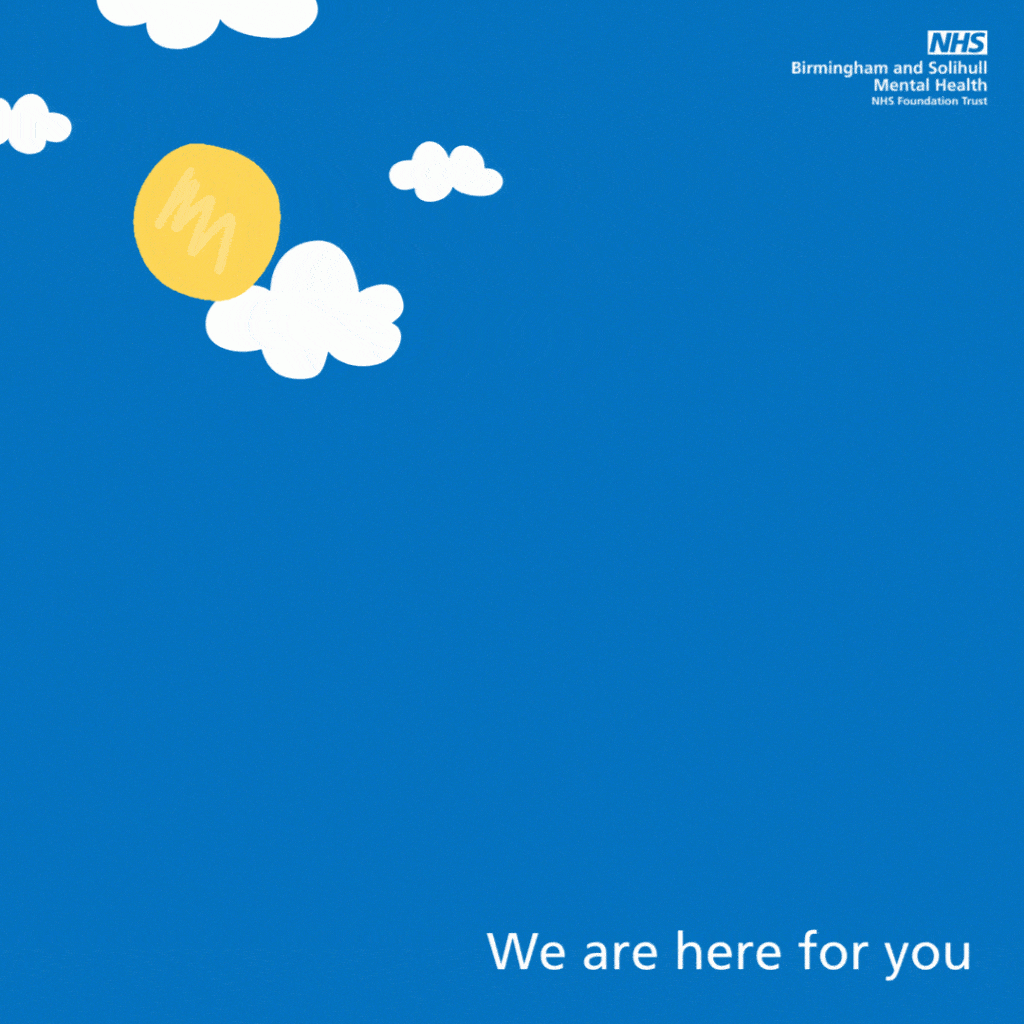Is Blue Monday really ‘the most depressing day of the year’?

Spoiler alert… it isn’t real.
Created as a PR stunt, Blue Monday was originally set up to sell holiday packages, but over the years, the name and its negative connotations have stuck around.
There are many reasons why people can find January tough, and that is totally understandable! The gloomy weather, financial pressures or setting those early morning work alarms after the Christmas break are just a few examples. However, January can also be a time of growth, motivation, new resolutions, and cosy nights in.
To put it simply, there is no scientific evidence that backs up Blue Monday.
Jasmin Knight Psychological Wellbeing Practitioner/Wellbeing Champion for our Birmingham Healthy Minds service shares her top tips on supporting yourselves and others when you are feeling low.
Connect – Reach out to friends, family, or a mental health professional to share your feelings and seek support. If you are having more bad days than good recently, that’s okay. We are here to help you. For mental health support, please contact our Birmingham Healthy Minds NHS Talking Therapies team by calling 0121 301 2525 or visiting their webpage. There is self-help on the website and information is available in audio form and can be downloaded. For other areas visit http://nhs.uk/talk.
Practice self-care – Engage in things that promote wellbeing, such as exercise, mindfulness, or plan a meaningful activity or hobby you enjoy.
Take a break – Make sure you have a lunch break, if you can, spend some time outdoors or away from your desk.
Set realistic goals – Break down tasks into smaller, more manageable steps to reduce feelings of being overwhelmed.
Acknowledge emotions – It’s okay to feel sad, but try to identify and challenge negative thought patterns and replace them with more balanced thoughts.
Take perspective – Asking yourself “Is there another way of looking at this stressor?” and prioritise some self-compassion.




Published: 15 January 2024









